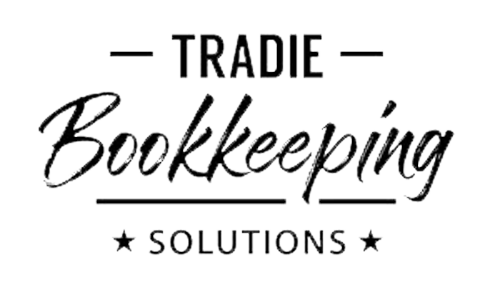10 End of Financial Year Rescue Tips
When June rolls around you know it’s time to make a plan with your Bookkeeper to get your end-of-financial year postings under control and to arrange a meeting with your Accountant. That’s if you haven’t already.
If you want to be well prepared for the meeting with your accountant, here are some tips on what to do.
1. Get your paperwork sorted
Get your bills, invoices and bank statements sorted. This is the first thing you need to do, and while it appears a simple task, you won’t believe how many business owners can’t easily put their hands on important documents.
Be aware of the ATO’s record keeping guidelines. Bank statements, deposit books, cheque books and bank reconciliation documentation are among the most important documents the ATO requires you to keep for a minimum of 5 years.
If you haven’t got a filing system going that works for you, set one up now and consider paperless options for the new financial year. Contact us for a FREE Bookkeeping System Health Check and be done with looking for paperwork.
2. Gather documentation of big ticket items
If you’ve purchased or leased a car, you’ll need to have purchasing, financing or leasing documents, as well as registration and insurance policy documents handy.
Tradies who have upgraded their equipment in this financial year and want to take advantage of the instant asset write-off scheme need to seek advice from their accountant urgently. It depends on the date of transaction how much can be written off.
3. Gather receipts of smaller purchases
Find as many as possible that you can legally claim for your operating expenses. They include what you pay for goods or services to conduct your business, eg website hosting and marketing costs, repairs & maintenance, tender costs, just to name a few.
An invoice is not always necessary for an expense to have been incurred but you do need a record of the expense somewhere.
4. Include all business overheads documents
Your traditional overheads includes any rent or leasing costs for the business premises, utility costs and communications costs.
5. Gather all relevant bank and credit card statements
Bookkeepers are required to check copies of your bank statements. There are a couple of reasons for this, even if you are using a cloud-based bookkeeping system like XERO. Find out more in our article Why Does My Bookkeeper Always Need My Bank Statements? If you use online banking, generate PDF copies of bank issued statements for all bank accounts.
6. Bank all payments received
Identify any transactions due in or out via cheque in June. Be aware that uncleared cheques close to June 30 may not clear in your bank account within the same financial year.
7. Convert those pending sales
Follow up on any sales that might have slipped through the cracks. Your Profit & Loss results and tax liability is not just reliant on what you claim as expenses.
8. Reconcile all relevant bank accounts
If you haven’t done this, your accountant won’t want to see you. They require reconciliations and expense documentation before they can produce accurate depreciation schedules and Profit & Loss Statements for your business.
9. Reconcile your payroll
It’s important that your payroll register accurately reflects wages and hours. Payroll reconciliation shows whether you’ve deducted the right amount from each employee’s paycheck.
With the expansion of the Single Touch Payroll, it’s also important that you ensure you are compliant with the new system. Check out our Blog article FAQs on Single Touch Payroll Reporting for more details.
10. Process all superannuation payments asap
At this time of the year, many businesses are trying to transact superannuation payments and often your transaction can be queued due to the sheer volume the agencies are processing. Talk to your bookkeeper first and find out what your options are.
Download your End-of-Financial-Year Checklist Here
Copyright © TradieBookkeepingSolutions.com.au
